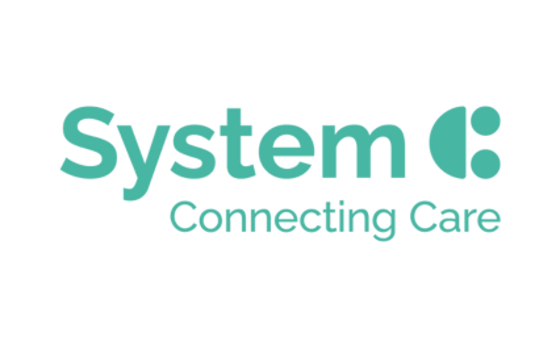 University Hospitals of North Midlands (UHNM) has gone live with the CareFlow Vitals electronic observation system (formerly Vitalpac) in a big bang approach across all wards at the Trust's two hospital sites - County Hospital and Royal Stoke University Hospital.
University Hospitals of North Midlands (UHNM) has gone live with the CareFlow Vitals electronic observation system (formerly Vitalpac) in a big bang approach across all wards at the Trust's two hospital sites - County Hospital and Royal Stoke University Hospital.
The introduction of Vitals means that all 52 wards at the Trust are now paper-free for observations, with nurses collecting observations on iPod Touches at the bedside in order to monitor and analyse patient vital signs, detect early signs of deterioration and trigger escalation pathways. Doctors and multi-disciplinary teams use iPads to monitor charts, track progress, and act upon triggers.
UHNM is one of the largest hospital trusts in the country. Its 11,000-strong workforce cares for 900,000 people living in and around Staffordshire. It is also a major regional trauma centre offering specialised services for a population of three million.
Dr Zia Din, chief clinical information officer (CCIO) and clinical lead for the project at UHNM, said: "The implementation of the e-Obs software across the two sites of UHNM was achieved in a record four weeks and has gone extremely well, with excellent engagement from our nurses and clinicians.
"The integration of Vitals with our clinical portal and ward information system has helped increase the visibility of patient observations, and earlier recognition and escalation of deteriorating patients has improved patient safety."
The first wards to go-live during the deployment were in the elderly care unit at the Royal Stoke University Hospital. By the end of day one, observations of all patients in the pilot ward were being recorded electronically and the Trust is now recording over 5,000 observations electronically a day.
Alan Bethell, Chief Nursing Information Officer at UHNM , commented: "The engagement of the nursing teams in implementing the e-observations system across the Royal Stoke and County Hospital has been exceptional. The use of this technology has delivered a key patient safety improvement and has demonstrated that the workforce can embrace digital change for the best outcomes for patients."
The Trust's deployment of Vitals e-observations is part of its 2025 Vision, an ambitious programme to develop world-class patient care, with a particular focus on clinical decision support, clinical productivity and improved patient safety. Next steps in this programme include deploying System C's integrated order communications and results reporting clinical module later this year, with clinical noting and e-prescribing deployments scheduled for phase two.
Elloise Maddock, head of business change at UHNM, said: "This successful implementation of Vitals is a testament to the collaboration and engagement between multidisciplinary teams, and the strength of their partnership with ICT. This has helped ensure that the system is fit for purpose and that it supports the clinical staff successfully in caring for their patients."
Dr Ian Denley, System C's joint CEO, added: "UHNM is one of the NHS's largest Trusts with 1,400 in-patient beds and 3,500 nursing staff. To rollout e-observations across all wards in just a month is a fantastic achievement by the combined Trust and System C team. We are really pleased that Vitals is already making a significant difference to patient care."
CareFlow Vitals is System C's market leading electronic observation and decision support system. It is fully rolled out in 33 Trusts in over 750 wards, capturing over 6.5 million observations a month.
About System C
System C is the UK's leading health and social care software supplier. Its products include the Medway electronic patient record and associated products, mobile clinical support solutions, CarePlus Child Health and the Liquidlogic range of social care software.System C is part of the System C & Graphnet Care Alliance, a strategic alliance offering IT solutions that allow for the integration of health and social care services across whole care communities and STP areas.
Our solutions use leading-edge technologies - including mobile, wearables, instant messaging and machine learning - to radically redesign services and the way clinicians and patients interact together.